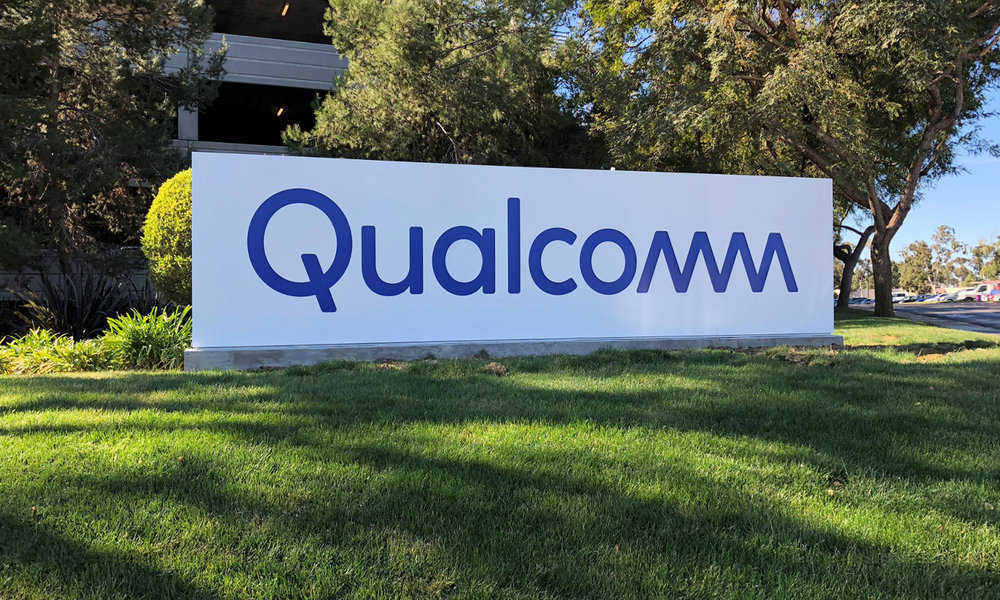
Few sectors have been spared the chip shortage that has affected the entire planet. What has caused stoppages in the production chains and, of course, in the delivery of products. If already last May it was the European Union that came forward with its own Chip Law, now it has been the turn of the US. Yesterday, Wednesday, the Senate approved his with a value of 52,000 million dollars.
The objective of this law, of course, is subsidize domestic production of semiconductors, although it must still pass before the approval of the House of Representatives . At the heart of the matter is also the chronically tense relationship between the American giant and China, and its desire to let said production be concentrated mainly in Asia, especially in Taiwan.
Washing machines, telephones, cars, computers… there is no sector that has not been affected, which adds to an economic time of uncertainty and high prices. The country’s president, Joe Biden, has been a strong supporter of the US Chip Act, “semiconductor chips are the building blocks of the modern economy: they power our smartphones and cars. And for years, the manufacture was sent abroad. For the sake of American jobs and our economy, we must do them at home (…) the law will reduce costs for American consumers and boost scientific innovation and jobs«.
National chips for military security
Commerce Secretary Gina Raimondo went further with what were less apocalyptic statements, “if you allow yourself to think of a scenario in which the United States no longer has access to the chips that are currently manufactured in Taiwan, it is a terrifying scenario (… ) is an inability to protect ourselves by making military equipment. We need to do this in the US. We need a manufacturing base that produces these chips.”
Also Republican Congressman Michael McCaul cited security concerns related to the tense relations between the United States and China as key, “it has been a long process, but this national security legislation will guarantee that we manufacture semiconductors, the brains behind everything from cell phones to fighter jets should be here in America, not China”.
The five largest semiconductor companies likely to receive the largest share of this taxpayer donation will be Intel, Texas Instruments, Micron Technology, Global Foundries and Samsung.
Precisely, this week Intel signed an agreement with MediaTek to diversify the geographical production of the Taiwanese company’s chips. A news that comes after Intel delayed the opening of its chip plant outside Columbus, Ohio, in what some saw as a “warning” and “blackmail” to the Senate to finally and just like that has been, passed the Chip Law.
This law contemplates a total investment of 280,000 million, of which 52,000 million are intended to promote the installation of national semiconductor factories. It should be remembered that, for its part, the European law contemplates the investment of 43,000 million euros to end dependence on Asia and the US and that it aims to reach 20% of world chip production by 2030, doubling the current level. of 10%.



